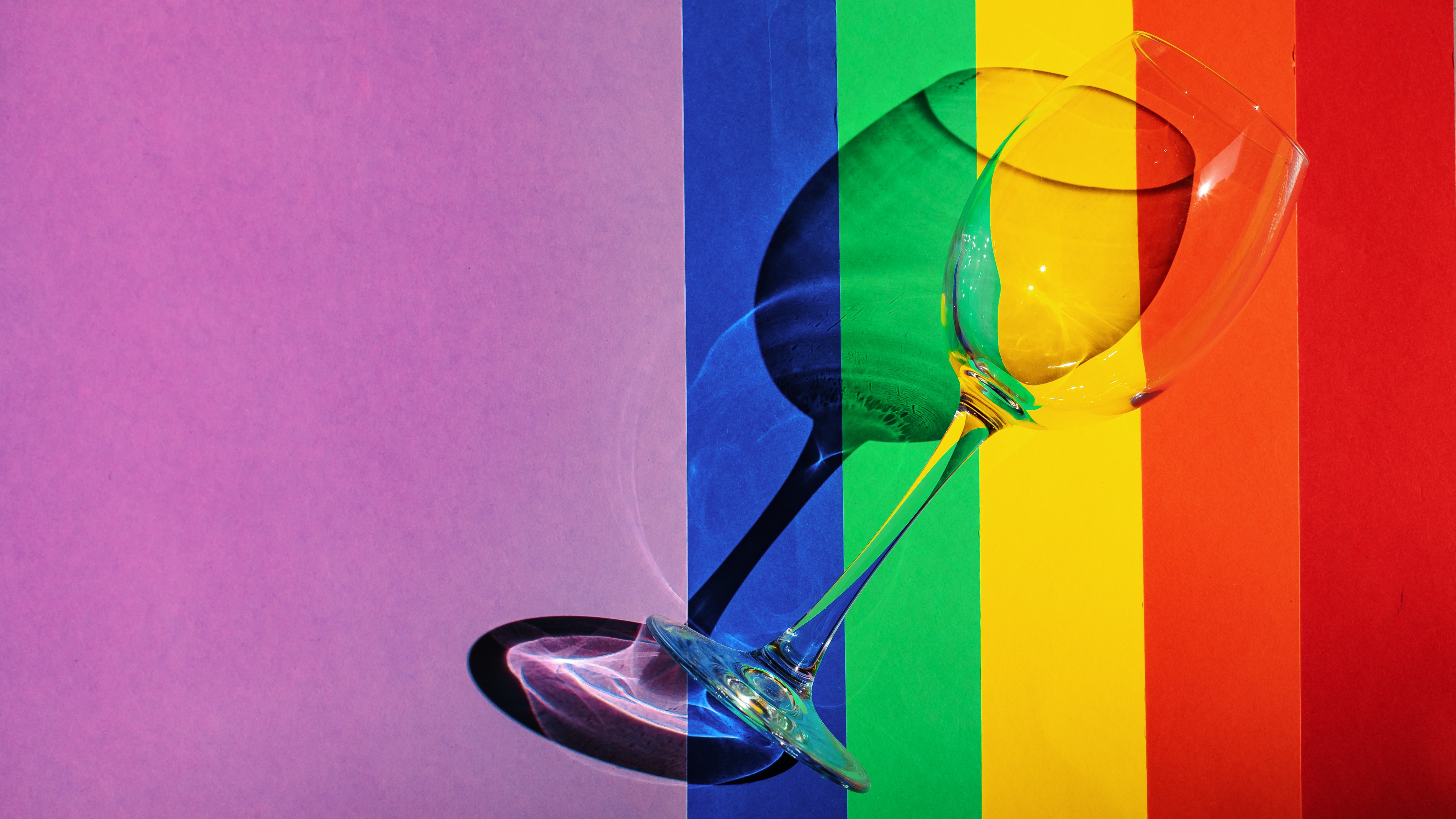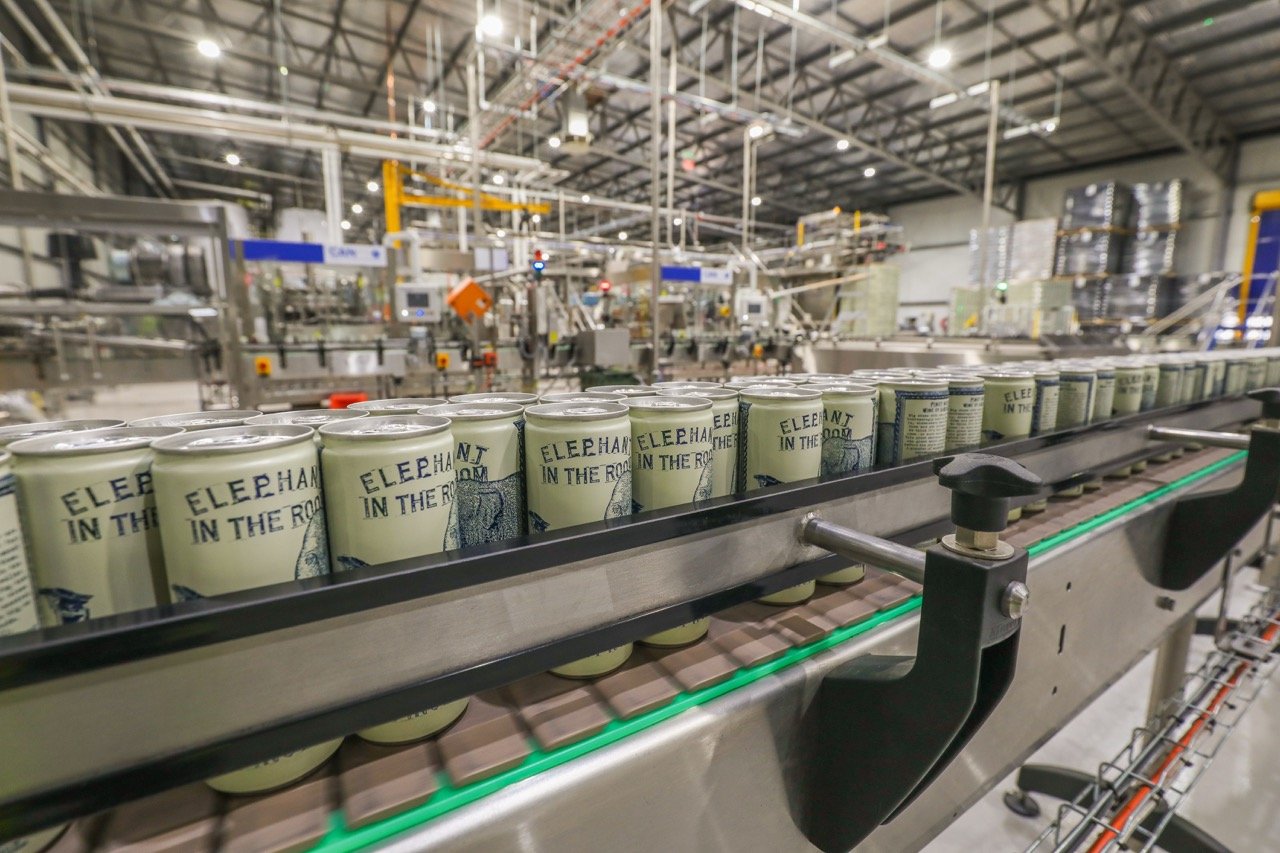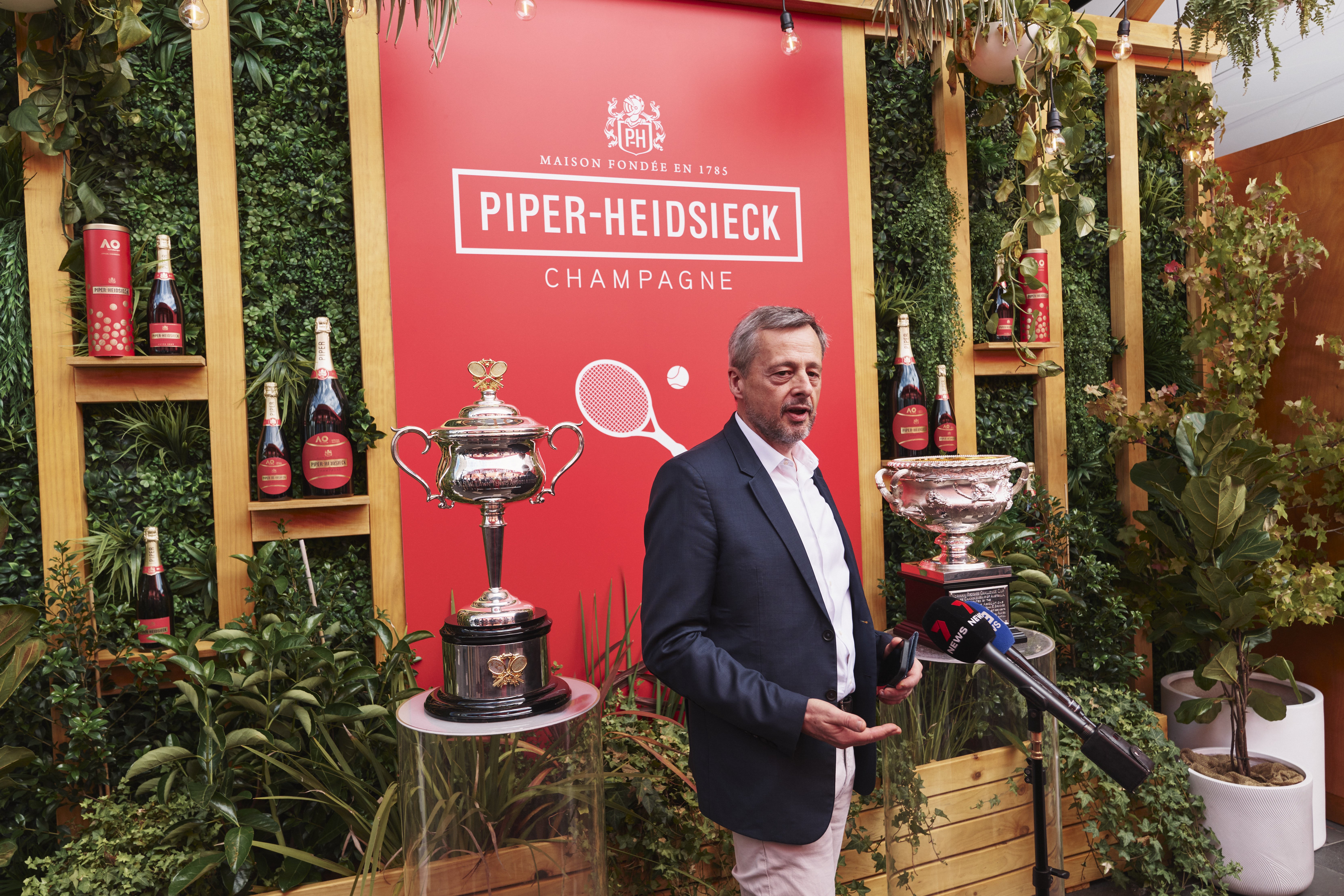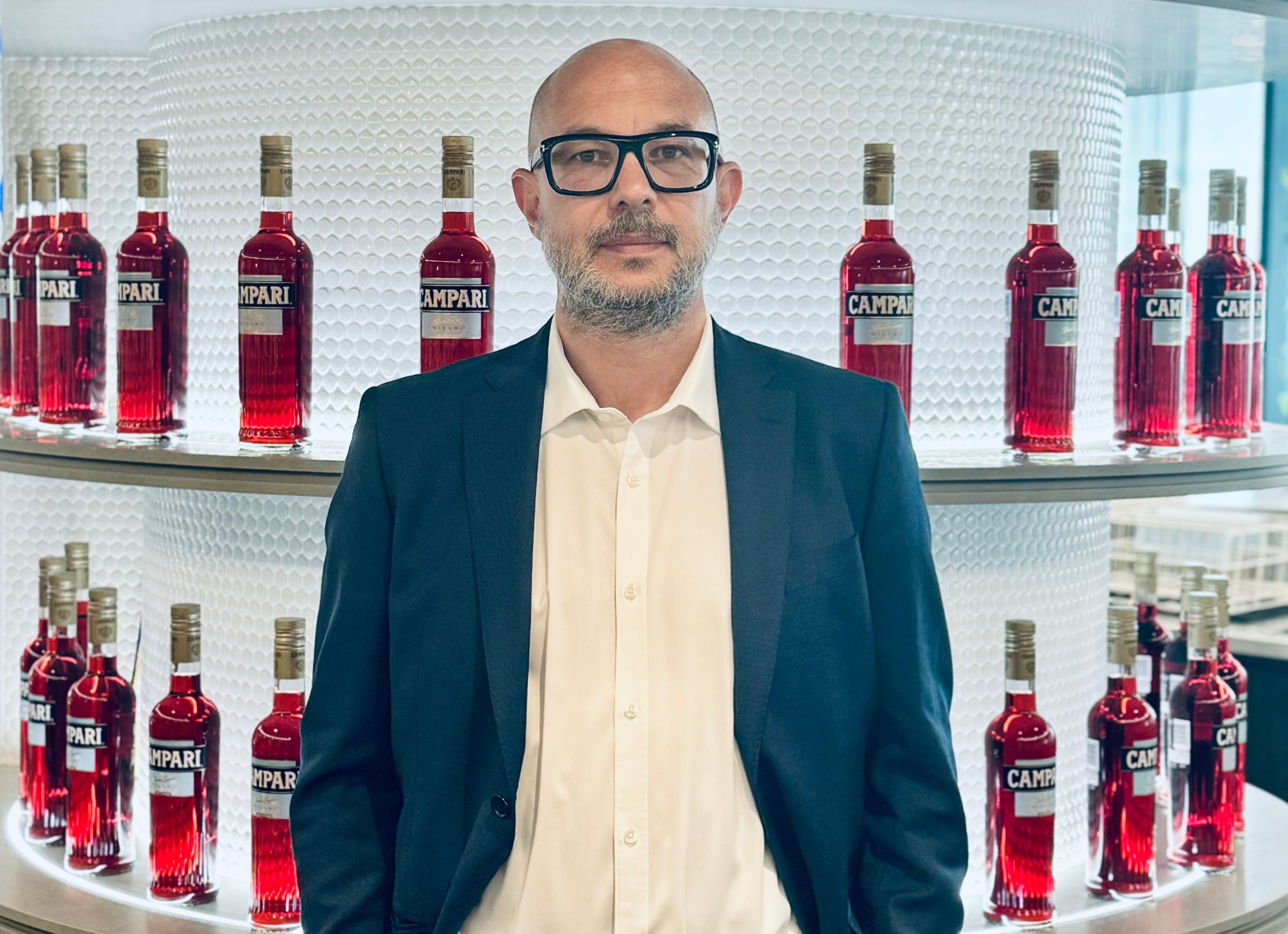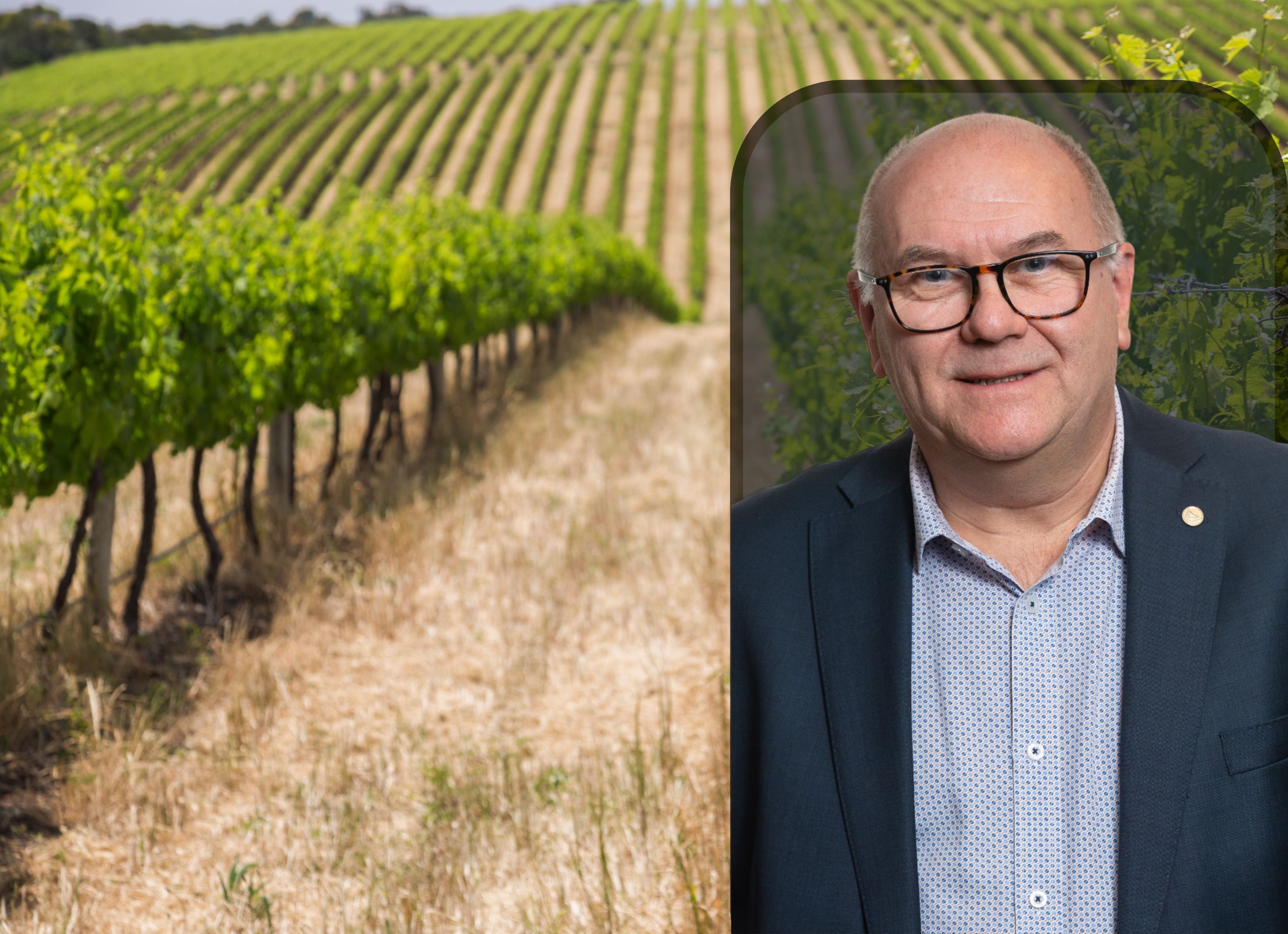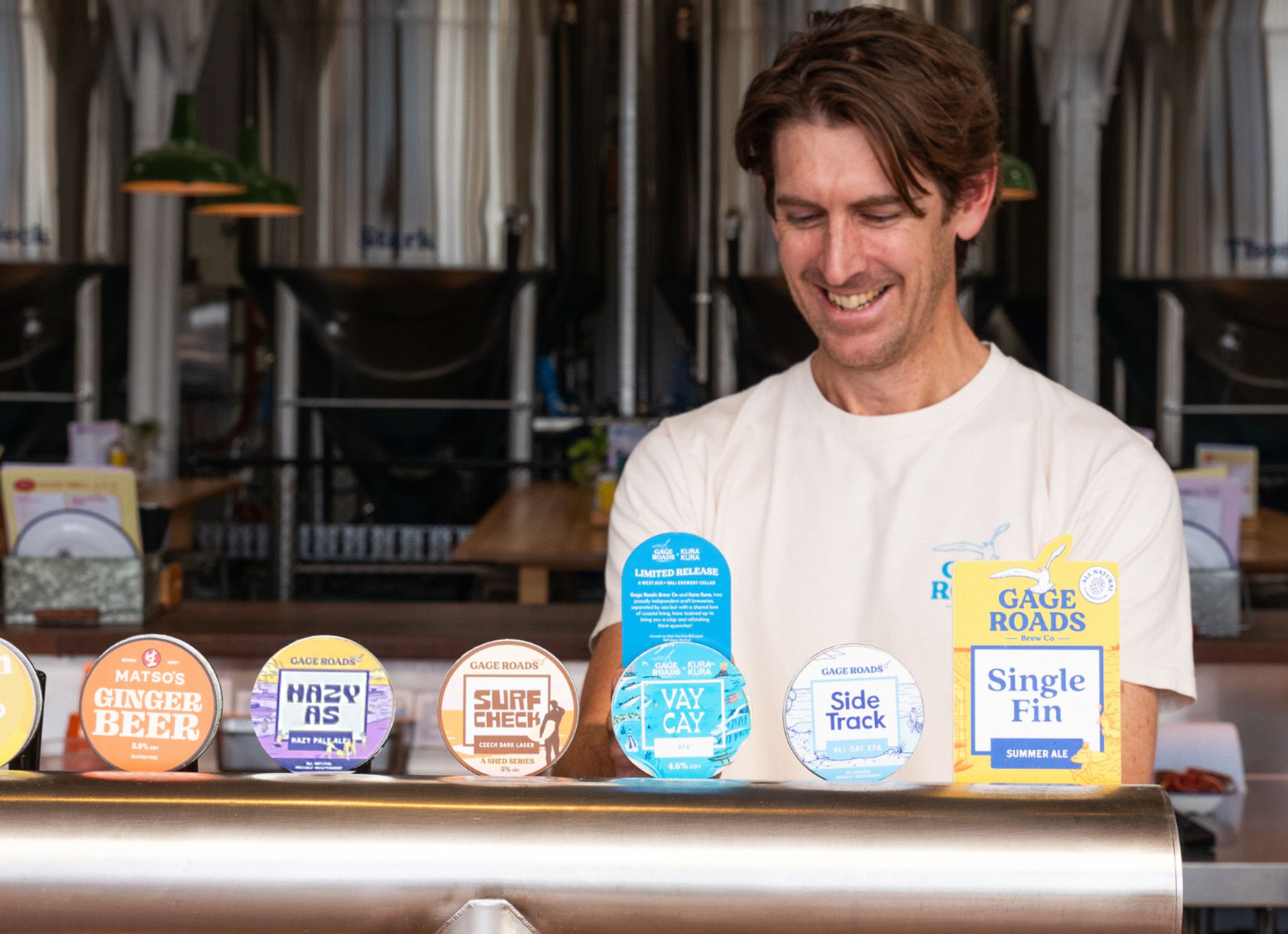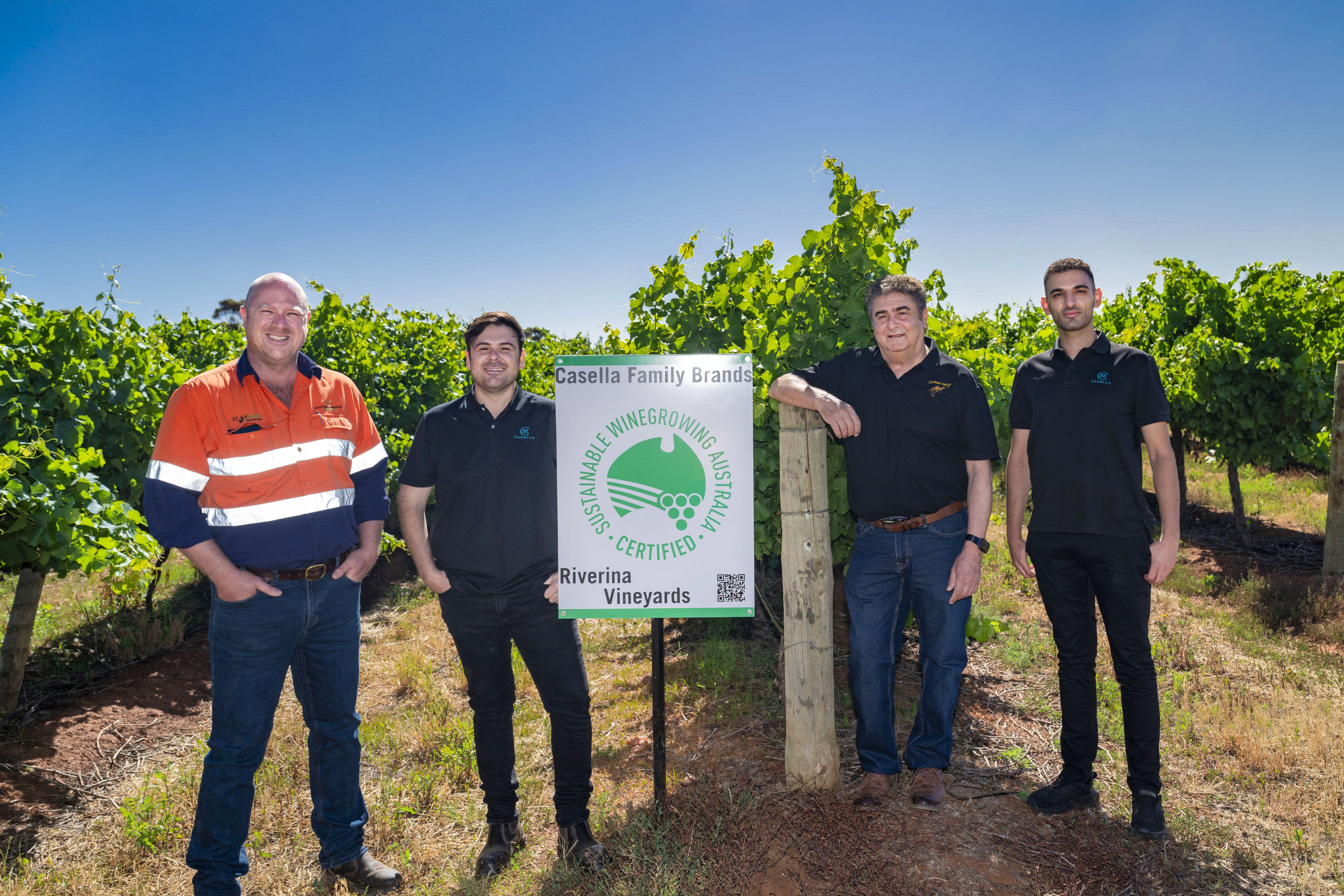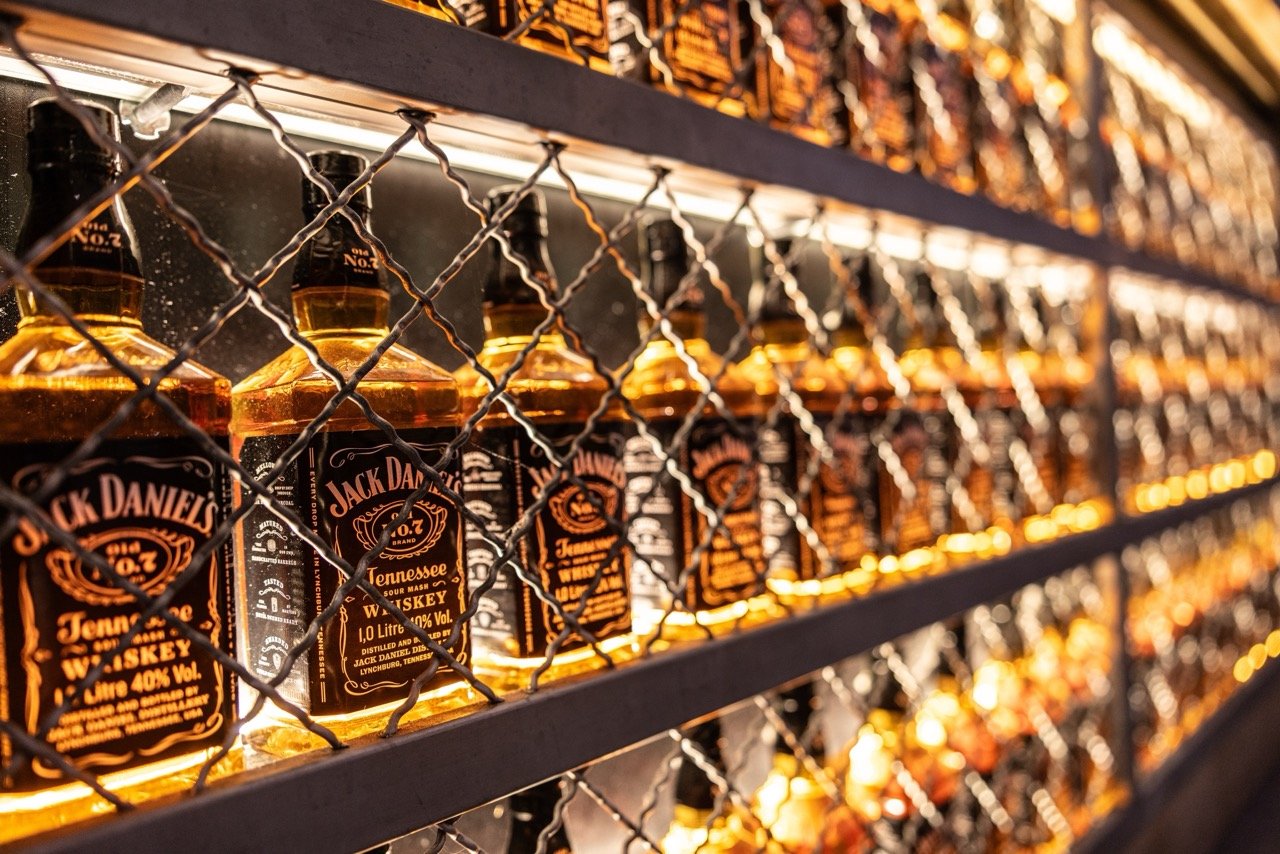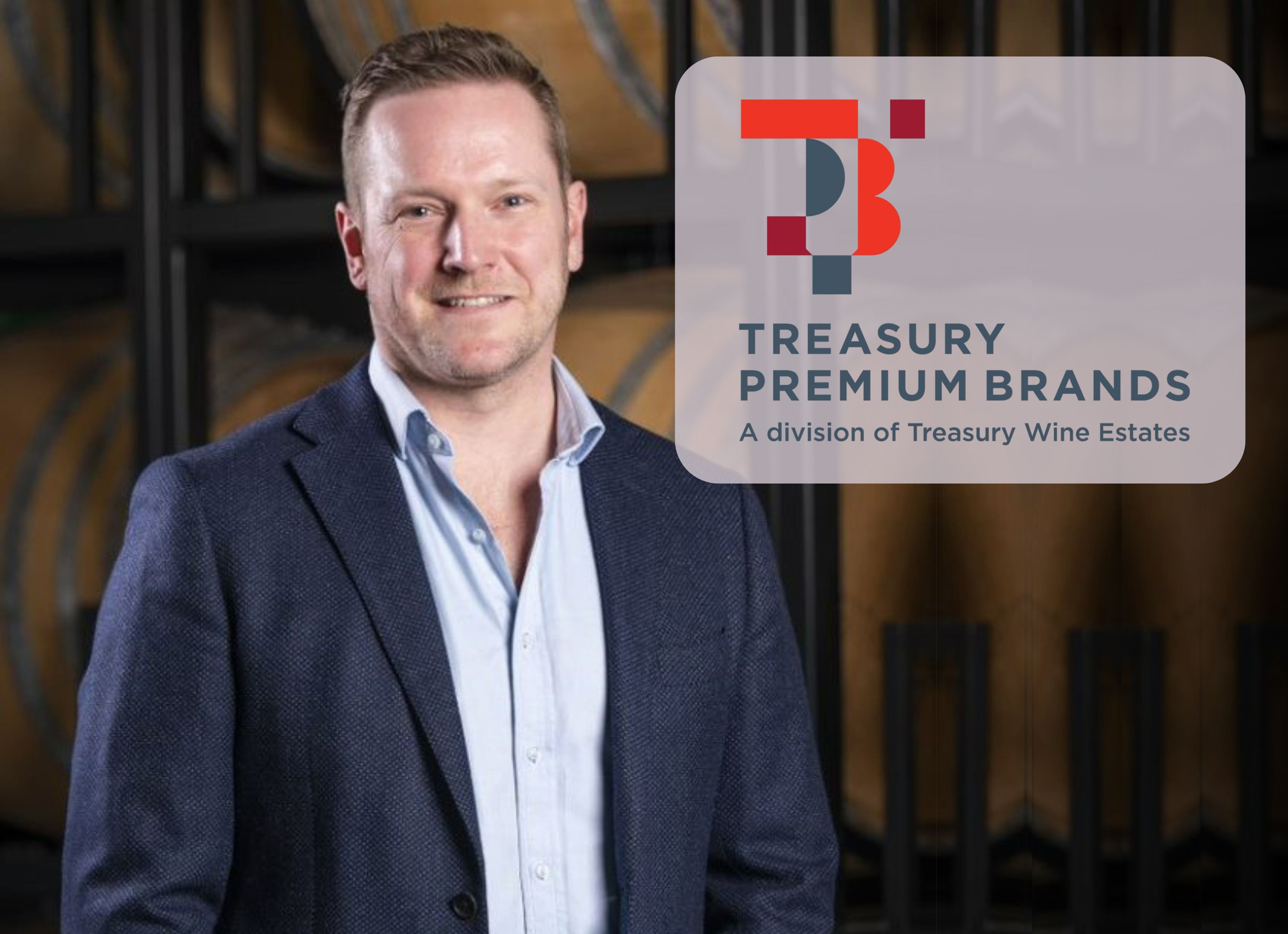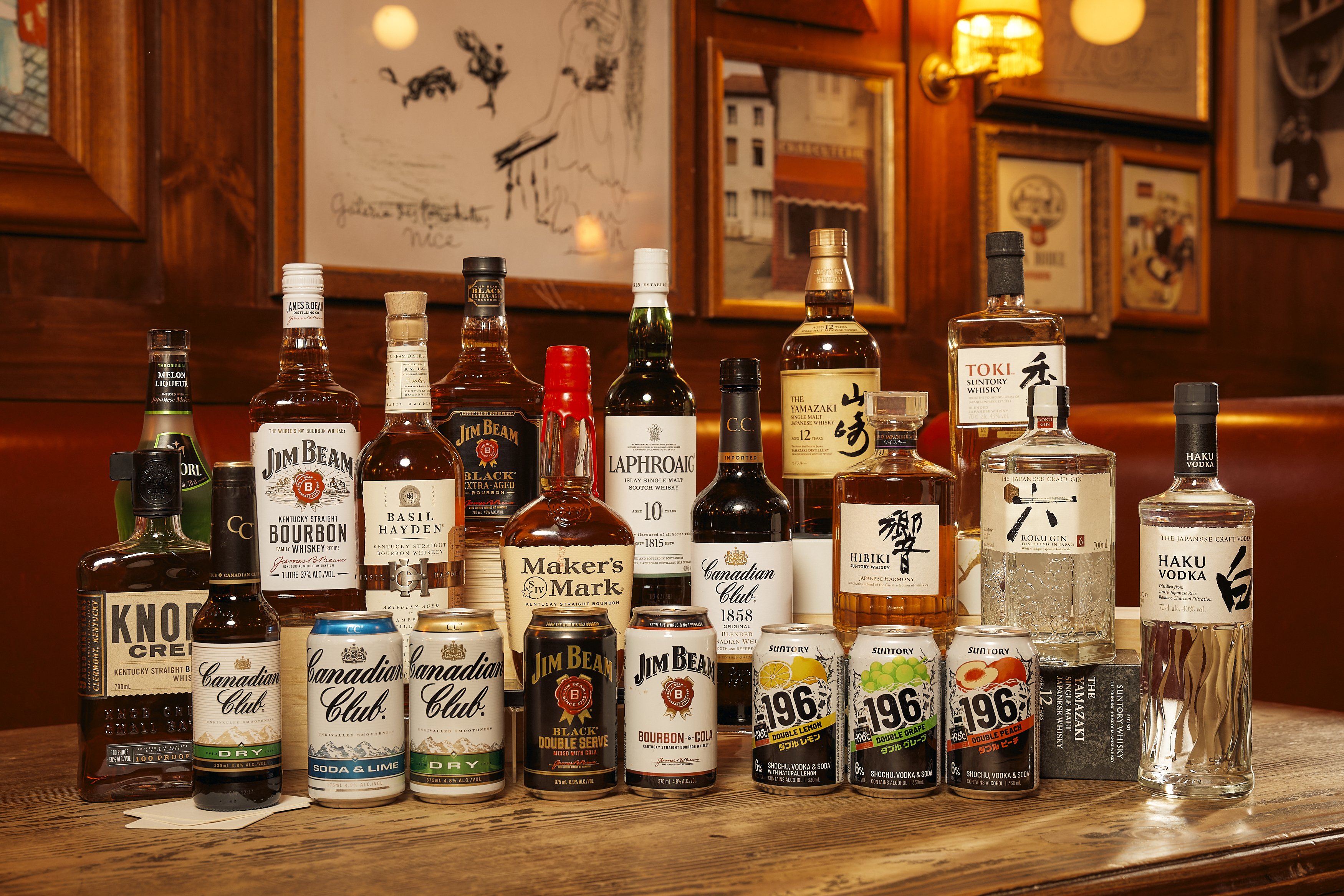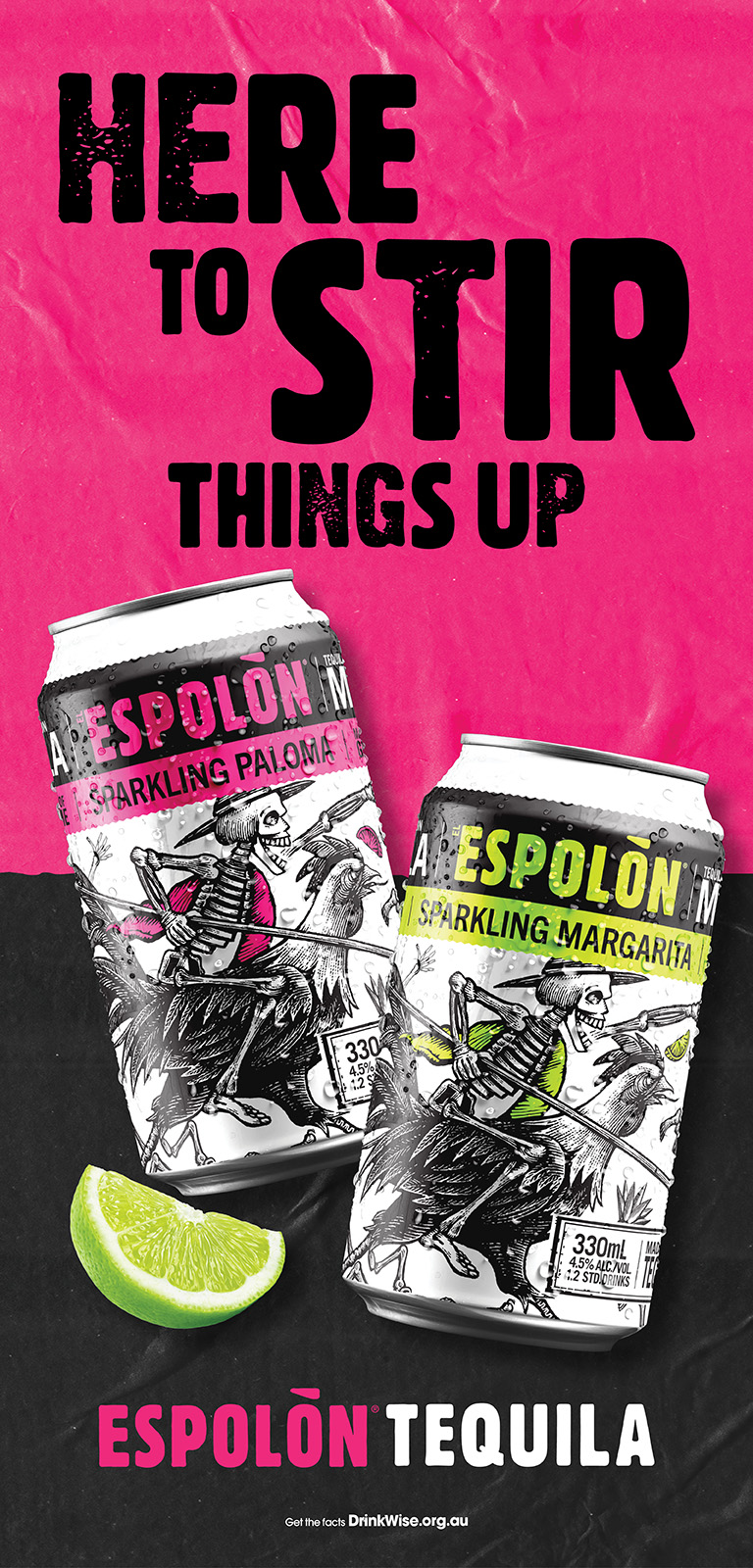With Pride Month just about over, Drinks Trade reached out to Endeavour Group's Dan Holland and Diageo Australia's Amanda Lampe, two of the leading voices of Australia's drinks industry, to discuss the role of drinks businesses in improving inclusion and equality in the sector.
Dan Holland and Amanda Lampe both hold the title of Director of Corporate Affairs at their respective company. Amongst other programs, Holland and Lampe oversee the various pride programs and activations performed year round at both Endeavour Group and Diageo Australia.
Drinks Trade: What has been the focus for Endeavour Group and Diageo Australia for Pride Month 2024?
Dan Holland: We have a range of activities. There's a couple of events happening internally and also there's a couple of cool regional pride events that we're sponsoring.
We also have a range of things that we do throughout the year, both for our team and with a range of charities and organisations in the broad LBGTQ+ space.
Amanda Lampe: We did a number of things internally within the employees… Our theme very much has been around how do we educate and continue that education path, and that was what we did last week with our panel discussion [featuring Dan Holland] internally. Also being able to have Penny Sharpe come along and address employees was just such a meaningful employee event.
Photo Credit: Fiora Sacco
DT: Can you talk about how the pride teams are managed internally?
DH: We've got a very active pride network. There's about 200-odd active members spread right across the country. Our workforce is spread across bottle shops, hotels, wineries and support office roles in nearly every community in the country.
AL: At Diageo in Australia (and this is true globally but let's just go with Australia) we've got what we call a Rainbow Network which is an employee resource group that is made up of a variety of people from a variety of functions. We've probably got 12 to 15 people in it. There are a number of members of the LGBTI plus community in there, and so that's called the queer community so there's a number of members, and then there's a number of allies as well.
I'm Executive Sponsor of that group, Jamie Thomas is the Chair and Maggie Nash is the Co-Chair.
DT: What are Endeavour and Diageo hoping to achieve through their pride teams and programs?
DH: A big effort from us with the pride network has been to really ensure that all of our regional and diversely located people feel included and have a voice and can activate for the community in their own way where possible.
A lot of that's to do with making sure that there's support in place for a team that may need it. We have created a specialist people advice and advisory service as part of our employee support program for LBGTQ+ team members, and we've really encouraged the participation at regional pride events.
AL: We want people to be comfortable in the workspace, we want them to be able to be themselves and bring them their best selves to work every day, and we want the best people. I think embracing inclusion and diversity goes right to the heart of who Diageo is. It's been something that we have been working on for a long time now - I've been here five years and it's been well and truly part of the five years I've been here - and for me as a lesbian woman to be able to come into a workplace like Diageo and be so totally embraced and asked to be a leader in this in this area but also and then sitting on the executive and being able to make an impact and actually encouraging other people to come in: it's been incredible.
DT: Overall, what role and/or responsibility do you think drinks industry businesses have in supporting these social issues, and how does that translate to businesses of a smaller scale?
AL: I think two things. I think it's really important that big business plays in this space, and whether it's Diageo or whether it's the professional services firms or whether it's the banks or whether it's mining companies or whoever, I think big business has a really important role and that's to set standards and show people how we can do this and how you can embrace embrace the queer community and embrace diversity.
How does that flow down to small businesses? Well, we're a big business but we've got lots and lots and lots of small businesses that interact with us and do business with us, right? I think being able to show them how it can be done and [that] it doesn't need to come at huge cost… just being decent and setting standards and the right policies and the way you approach things is actually half the job. If you can show that and demonstrate leadership and values and behaviours, and then you can show that to small businesses, then they can learn from you.
In fact, many of those small businesses are doing equally amazing things and so I think collectively we can lift everybody in this area and make a contribution to society.
DT: Both Endeavour Group and Diageo have pride programs that continue throughout the year… Do you have any opinions on brands/companies that only turn their attention to these social issues at key times of the year such as Mardi Gras and Pride Month?
DH: I think the main thing is that any effort comes first from a company’s values and it's clear from their strategy that inclusion is essential to how they go about business. That's always come back to what are the actual efforts to make a company's workforce feel safe and included and valued… For us at Endeavor, that's where we start and that's [what we] always try to come back to is ‘are we truly encouraging team members to come to work as they are?’
From that authentic place, companies should be free to explore all types of support. That can be through brands, that can be through sponsorships, it can be through community giving, community fundraising, corporate donations, it can be through mentoring scholarships, it can be through internal team development.
The second point I think is visibility is crucial in any topic around diversity and inclusion. If people can't see diversity then I think they find it very hard to believe it.
AL: So this is the concept of ‘pink washing’ (or green washing). Look, does that occur on occasions? Probably yes. I mean I'm not aware of any [examples] but probably yes, but I suspect it's probably really small.
I'm actually one of those people that embraces businesses embracing Pride Month. I think it is fantastic when you have big businesses/major corporations embracing pride month. That's what we're trying to get to: a society that embraces the queer community. I think it's fantastic personally, and so I look at it in a really positive way rather than somebody saying, ‘oh, but they're just doing it because of this.’
I think it's exactly what we want our businesses to be doing. I think we want them to be talking about our community and I think we want people to be talking about pride, we want people to be participating in Mardi Gras.
DT: Any advice for other Australian drinks businesses?
DH: The first thing any organisation or company can do is to talk to their own people and get an understanding of their team and workforce [and] understand the information on how diverse their workforce is. That can be understanding who's in the workforce from the LBGT community or people that are from culture and linguistically diverse backgrounds, and of course gender. So understanding your team is probably the key one, and understanding what policies you have in place that can support them or policies you might have that might inadvertently actually be challenging for people from diverse backgrounds or from our community: that's probably number one.
https://www.youtube.com/watch?v=bLAwoKmtTPQ
How is the drinks industry showing LGBTQA+ support this Mardi Gras?
The internal programs driving inclusivity in our drinks industry
Share the content
